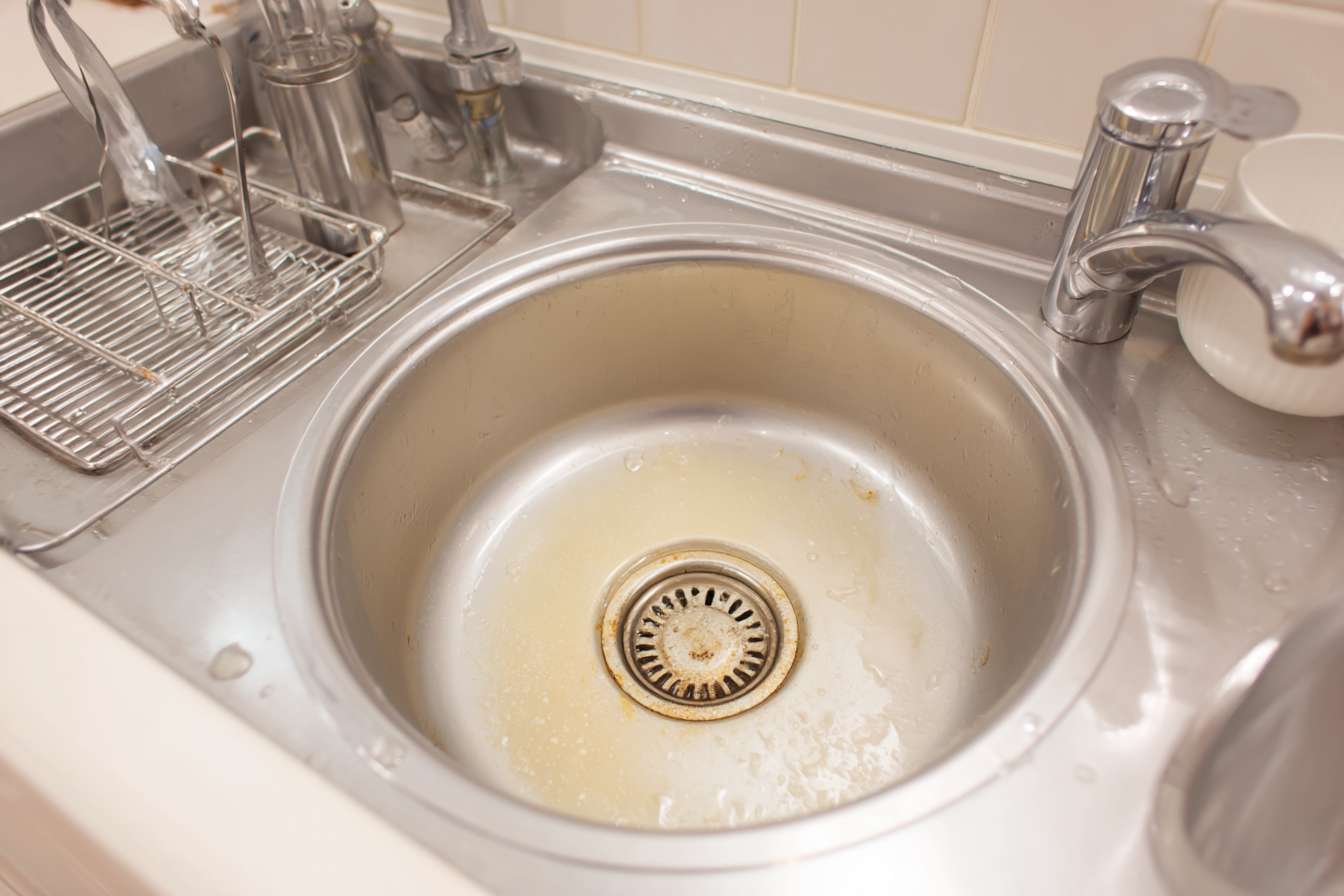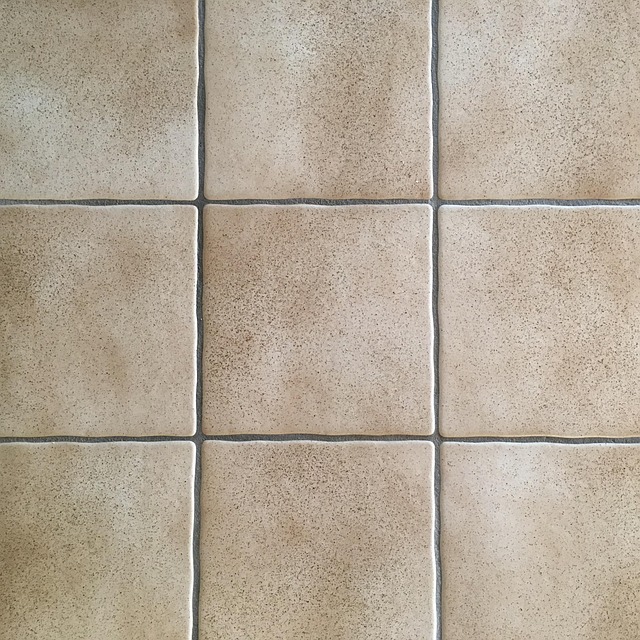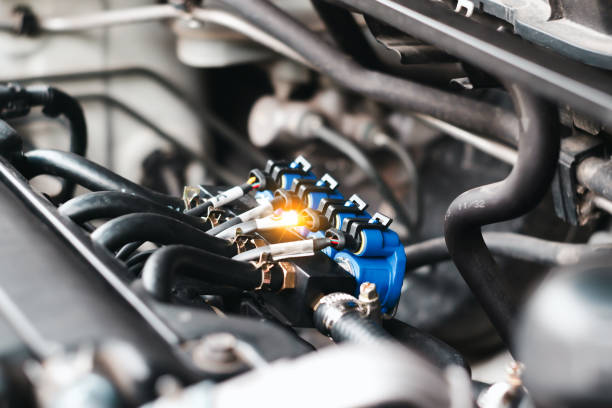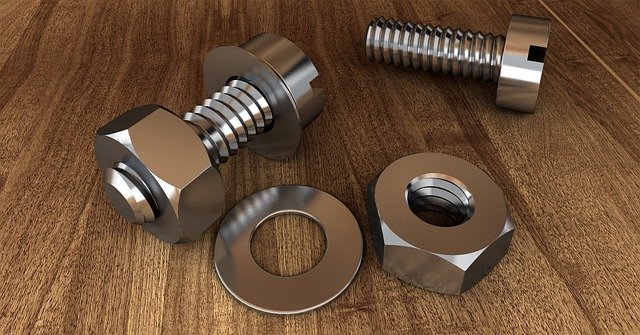The Importance of Water Filters: Ensuring Clean and Safe Drinking Water
In today's world, access to clean and safe drinking water is a fundamental necessity. While many of us take the quality of our tap water for granted, the reality is that contaminants and impurities can often find their way into our water supply. This is where water filters come into play, offering a reliable solution to improve the quality and safety of our drinking water. Let's explore the world of water filters and understand why they are becoming an essential part of many households.

The filtration process typically involves several stages. First, water passes through a sediment filter to remove larger particles like sand and rust. Next, it moves through activated carbon, which attracts and traps chemical impurities, improving taste and odor. Some advanced systems may include additional stages to target specific contaminants like heavy metals or microorganisms.
Why is clean drinking water so important?
Clean drinking water is essential for maintaining good health and preventing waterborne diseases. Contaminated water can contain harmful bacteria, viruses, parasites, and chemical pollutants that pose serious health risks. Regular consumption of clean water helps maintain proper hydration, supports bodily functions, and contributes to overall well-being.
Moreover, clean water is crucial for food preparation, personal hygiene, and other household uses. By ensuring the water we consume and use daily is free from contaminants, we can significantly reduce the risk of various health issues and improve our quality of life.
What contaminants can water filters remove?
Home water filters are capable of removing a wide range of contaminants, depending on the type and quality of the filter. Some common impurities that water filters can effectively remove include:
-
Chlorine and chloramine
-
Lead and other heavy metals
-
Bacteria and parasites
-
Pesticides and herbicides
-
Volatile organic compounds (VOCs)
-
Sediment and rust
-
Pharmaceuticals
It’s important to note that not all filters are created equal, and their effectiveness can vary. When choosing a water filter, it’s crucial to consider the specific contaminants present in your local water supply and select a filter that addresses those concerns.
How do I choose the right water filter for my home?
Selecting the right water filter for your home depends on several factors, including your water quality, budget, and specific needs. Here are some steps to help you make an informed decision:
-
Test your water: Start by having your water tested to identify the contaminants present. This will help you choose a filter that targets your specific concerns.
-
Consider your budget: Water filtration systems vary widely in price, from affordable pitcher filters to more expensive whole-house systems.
-
Evaluate different types of filters: Research various filtration methods like activated carbon, reverse osmosis, and UV purification to determine which best suits your needs.
-
Check certifications: Look for filters certified by reputable organizations like NSF International or the Water Quality Association.
-
Consider maintenance requirements: Factor in the cost and effort required for filter replacements and system maintenance.
-
Assess your water usage: Determine whether you need a point-of-use system for drinking water only or a whole-house system for comprehensive filtration.
What are the benefits of using a home water filter?
Installing a home water filter offers numerous advantages for you and your family:
-
Improved taste and odor: Filters can remove chlorine and other chemicals that affect the taste and smell of your water.
-
Healthier drinking water: By removing contaminants, filters help reduce the risk of waterborne illnesses and long-term health effects from chemical exposure.
-
Cost savings: While there is an initial investment, using a home water filter can be more cost-effective than buying bottled water in the long run.
-
Environmental benefits: Reducing reliance on bottled water helps decrease plastic waste and its associated environmental impact.
-
Better for appliances: Filtered water can extend the life of appliances like coffee makers and ice machines by reducing mineral buildup.
-
Peace of mind: Knowing that your water is being filtered provides reassurance about the quality of water you and your family consume.
| Product Type | Provider | Key Features | Cost Estimation |
|---|---|---|---|
| Pitcher Filter | Brita | Affordable, easy to use, removes chlorine and lead | $20 - $40 |
| Faucet-Mounted Filter | PUR | Easy installation, removes 70+ contaminants | $30 - $50 |
| Under-Sink System | Aquasana | Comprehensive filtration, long filter life | $150 - $300 |
| Whole-House System | iSpring | Treats all water entering the home, multi-stage filtration | $300 - $600 |
Prices, rates, or cost estimates mentioned in this article are based on the latest available information but may change over time. Independent research is advised before making financial decisions.
How often should I replace my water filter?
The frequency of filter replacement depends on the type of filter, water quality, and usage. Generally, pitcher filters need to be replaced every 2-3 months, faucet-mounted filters every 2-3 months or after 100 gallons, and under-sink filters every 6-12 months. Whole-house systems may require less frequent changes, but it’s essential to follow the manufacturer’s recommendations.
Regular replacement is crucial to maintain the effectiveness of your water filter. Over time, filters can become clogged with contaminants, reducing their ability to purify water and potentially allowing harmful substances to pass through.
In conclusion, water filters play a vital role in ensuring access to clean, safe drinking water. By removing contaminants and improving water quality, these devices offer numerous health benefits and contribute to a better quality of life. Whether you opt for a simple pitcher filter or a comprehensive whole-house system, investing in a water filter is a step towards safeguarding your family’s health and well-being.






